ASX-listed Altech Chemicals is progressing plans to develop a high purity alumina (HPA) battery material coating plant in Germany which would produce alumina coated silicon/graphite anode materials to supply Europe’s surging lithium-ion battery and electric vehicle (EV) markets.
The Perth-based company’s 75%-owned subsidiary, Altech Industries Germany (AIG) earlier this month exercised its option to purchase a 14-hectare industrial site in Spreetal, about 120 kilometres southeast of Berlin, with Altech intending to build a 10,000 tonnes per annum high purity alumina (HPA) battery materials coating plant.
The plant would produce alumina coated silicon/graphite anode materials using Altech’s HPA and proprietary coating technology.
Altech said the site is strategically located to supply the European lithium-ion battery and electric vehicle (EV) markets with the area home to existing production sites for Volkswagen, BMW, Porsche, Daimler and Tesla.
There are also a number of “key resource and technology players” within the lithium-ion battery chain in the area which is “well serviced” by existing infrastructure.
Altech said it has already secured memorandum of understanding (MoU) agreements with two suppliers, which will provide uncoated graphite anode material and silicon anode material for the plant.
HPA will be produced at Altech’s proposed plant in Malaysia, which is expected to produce about 4,500 tonnes per annum of high purity alumina.
Feedstock for the plant will be sourced from Altech’s kaolin deposit at Meckering, in WA, and shipped to Malaysia.
The proposed plant is the subject of a preliminary feasibility study that is being finalised by AIG.
Meanwhile, Sydney-based graphite miner Magnis Energy has announced that its New York lithium-ion battery plant has begun semi-automated production of full-sized cells with full automation expected towards the end of the first half of 2022.
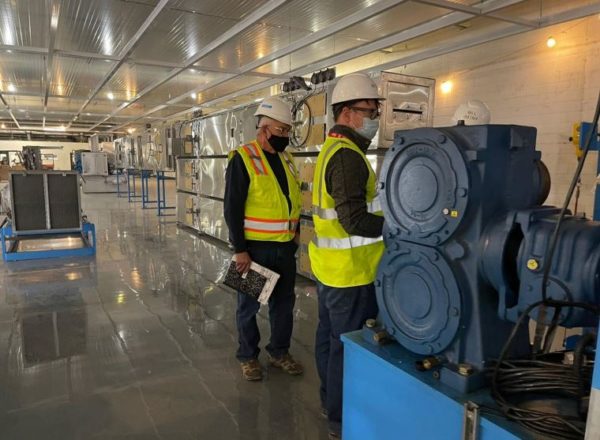
Image: Magnis
Magnis, a major shareholder in the iM3NY battery plant which is expected to scale up to 1.8 GWh, announced that at the end of December, the New York plant was 51% complete.
Magnis, one of the companies behind plans to develop an 18 GWh lithium-ion battery factory in northern Queensland, said semi-automated production had commenced in December with a batch of full-sized cells produced.
“This is an important phase where batches of cells are being produced for both marketing and due diligence purposes,” the company said in a statement.
IM3NY chief executive Chaitanya Sharma said a batch of more than 1,000 cells would be produced in the next fortnight and volumes will continue to increase all the way up to fully automated production by the middle of the year.
“Semi-automated production was a huge achievement, and the team will make sure that our target of fully automated production is achieved during 1H 2022,” he said.
“Starting this month, some major items will be completed and it is expected that the overall completion number will jump significantly.”
This content is protected by copyright and may not be reused. If you want to cooperate with us and would like to reuse some of our content, please contact: editors@pv-magazine.com.
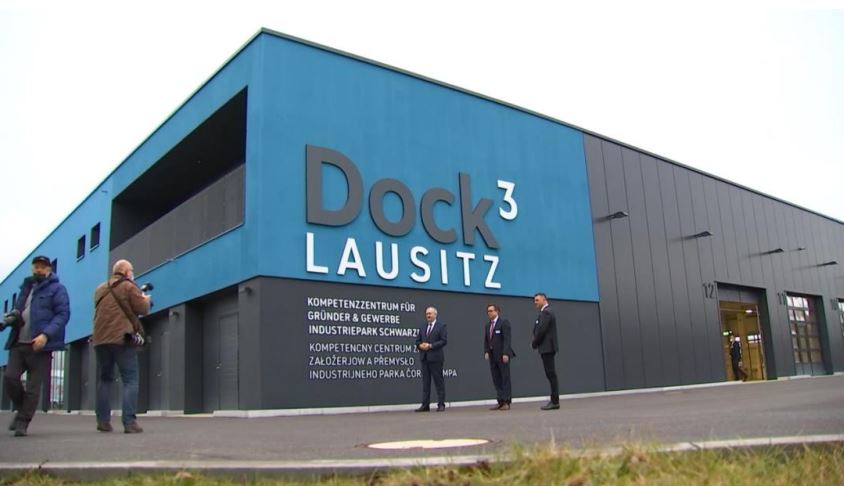


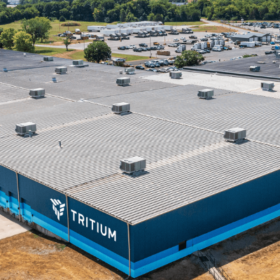
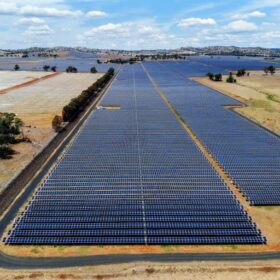
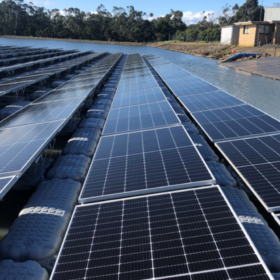
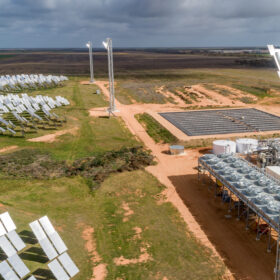
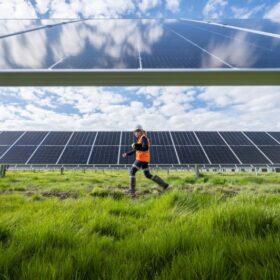
1 comment
By submitting this form you agree to pv magazine using your data for the purposes of publishing your comment.
Your personal data will only be disclosed or otherwise transmitted to third parties for the purposes of spam filtering or if this is necessary for technical maintenance of the website. Any other transfer to third parties will not take place unless this is justified on the basis of applicable data protection regulations or if pv magazine is legally obliged to do so.
You may revoke this consent at any time with effect for the future, in which case your personal data will be deleted immediately. Otherwise, your data will be deleted if pv magazine has processed your request or the purpose of data storage is fulfilled.
Further information on data privacy can be found in our Data Protection Policy.